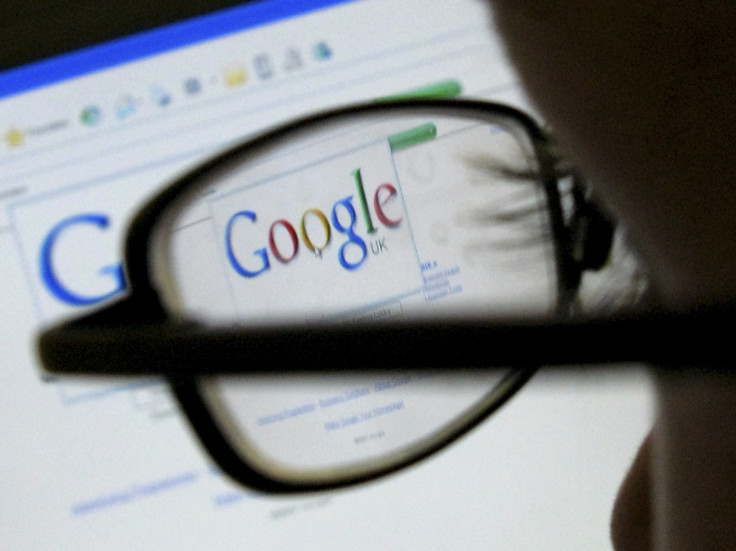How Robots and iPods are Eating Our High Streets

The decimation of UK high streets might have looked like part of the global economic decline, but it's actually all about the intensity with which the e-commerce revolution is taking place – and the costs may be much greater than expected.
The PwC/ Local Data Company survey has revealed that high street store closures were running at 16 a day in the first six months of this year while store openings plunged 15%. In the first nine months of 2014 that added up to 964 shop closures in British towns.
The main losers are DVD rental stores, which appear to have suffered nigh on commercial genocide, thanks, no doubt, to the growth of Netflix-type services. Also among the heaviest losers were the likes of travel agents (remember them?).
As Palo Alto start-up billionaire Marc Andreseen famously said - software is eating the world.
Jobs that may appear to have been lost due to the global downturn are gone forever (internet companies create relatively few jobs) and as data collection businesses devour entire industries the gap in taxation will become a tax black hole beyond anything imaginable.
Lee Sheppard of Tax Analysts provided a US perspective on the problem.
She told IBTimesUK: "The jobs that were killed off were middle-class jobs: travel agents, booksellers, secretaries, retail clerks, etc.
"Some jobs created are crappy, like Amazon warehouse jobs. That's computers. Robots killed a lot of manufacturing jobs 30 years ago. If you go into a US factory today, you'll see a line of Japanese robots and a few workers minding them.
"Businesses have fired a lot of workers and replaced them with technology. That boosted their profits in the short run but on a stagnant or declining revenue base," she said.
Technology firms will never become mass employers. Apple in the US employs 56,000 people - as many as worked in one Ford plant 50 years ago. US manufacturing employs a fraction of the people it used to employ.
"That kills consumption. As UAW head Walter Reuther so memorably put it, robots don't buy cars. Cheaper consumer goods doesn't make up for job losses. There's no growth in consumption without a middle class," added Sheppard.
"Businesses are beginning to figure out that killing the middle class killed consumption, even for things they thought would not be discretionary. The few who got rich are not going to consume more. Jeff Bezos might buy seven cars, but he won't buy 70 or 700 cars. He won't buy more toothpaste."
Back on the UK high street, it's not all bad news: tattoo parlours have tripled in number.
And coffee shops are apparently still reproducing, but then again, Starbucks is famously tight when it comes to coughing up its share of tax.
© Copyright IBTimes 2025. All rights reserved.




















